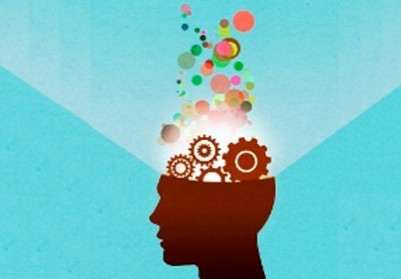Can Attachment Theory Explain All Our Relationships?
…hat Leroi could tell his kindergarten tale. I could feel her softening her voice when she talked to him and watched her face turn gentle as she offered to help him with the seat belt. Beyond all the research linking secure attachments to everything good, attachment is connected to something so profound it’s hard to describe. The literature calls it “mentalization”; UCLA psychiatrist Dan Siegel refers to it as “mindsight.” Basically, it’s the exper…
Learn More







